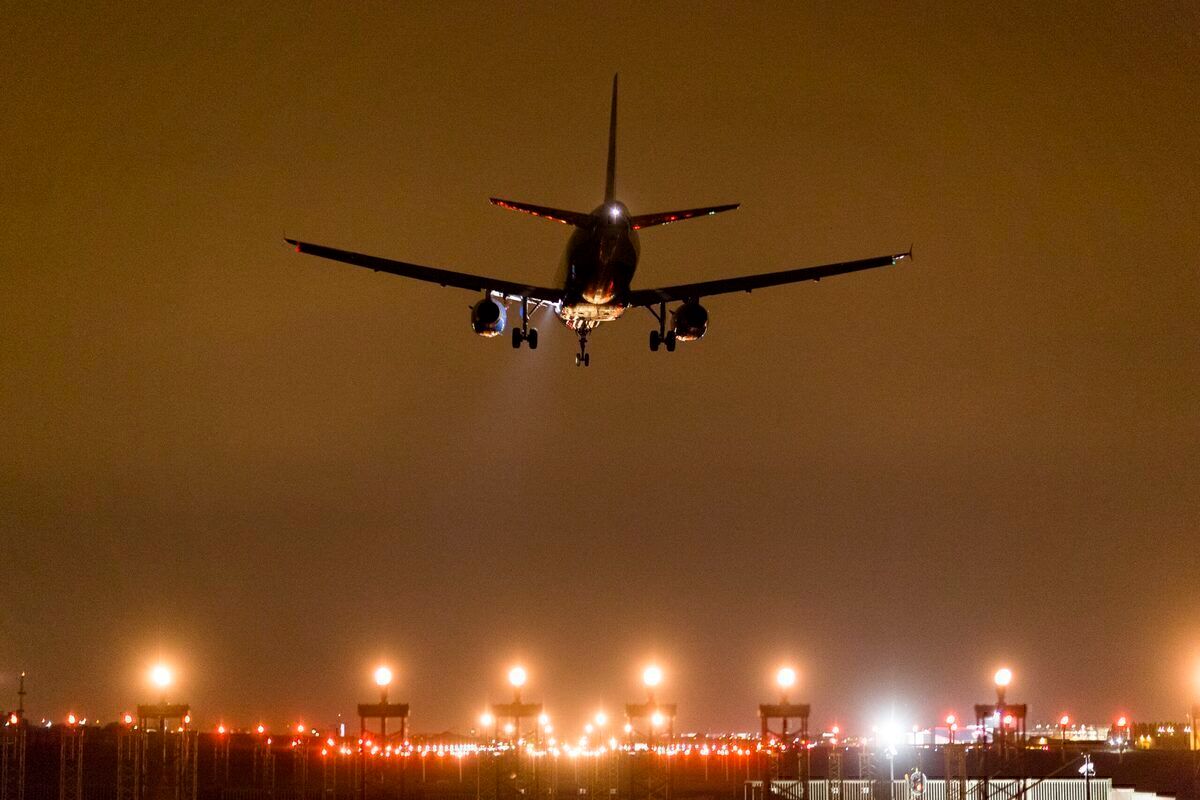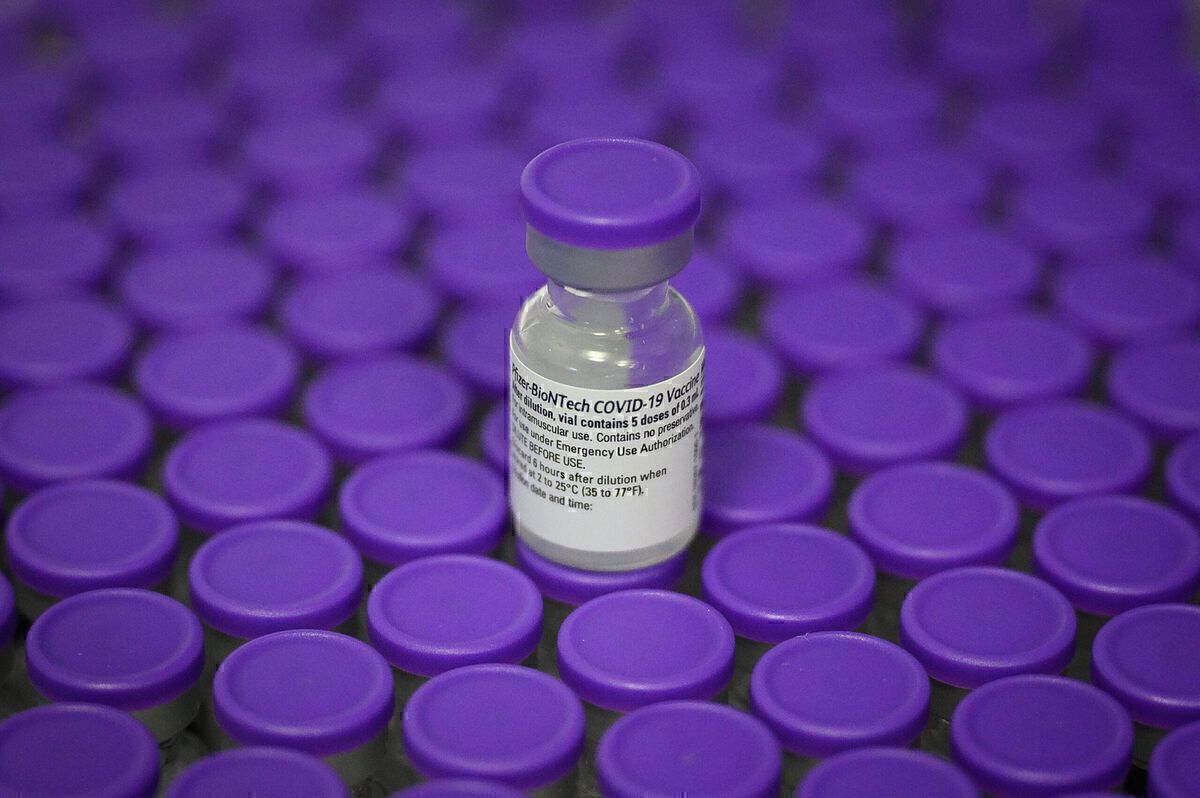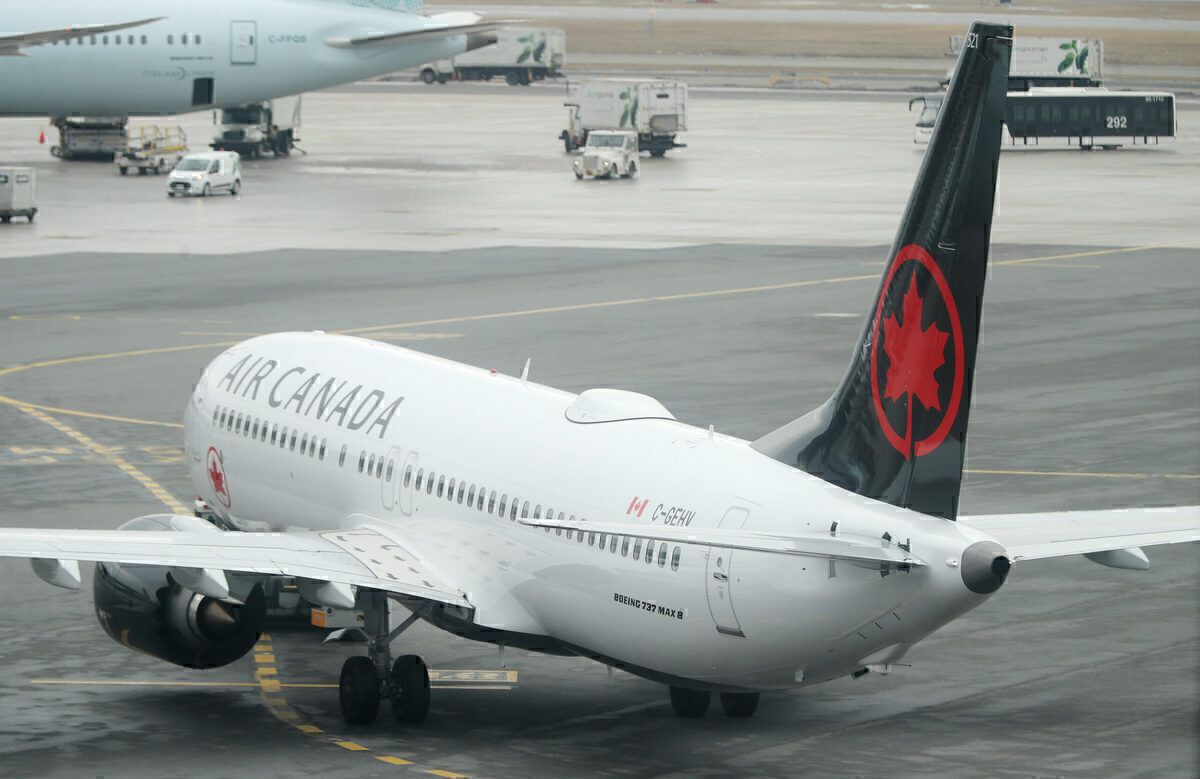The European country of Romania has decided to take the lead in loosening travel restrictions for people arriving in the country. As of this week, everyone who has received both doses of the COVID-19 vaccine does not need to go into quarantine upon arrival, so long as ten days have passed since the second dose was administered. Will this policy be the blueprint for liberalizing travel restrictions worldwide this spring?
Romania takes the lead in Europe
This week, on Monday January 18th, the European country of Romania has taken the lead in liberalising travel restrictions. It is doing so thanks to the several COVID-19 vaccines being administered worldwide at the moment.
The National Committee for Emergency Situations (CNSU) of Romania published the details of this new policy following a meeting it held on Monday. As has become standard practice across the world, the Committee updated its list of countries that it deems to be carrying "high epidemiological risk." The list includes 48 countries. What is not standard practice, however, is the article that followed. It reads as follows (translated):
"Exempted from the quarantine measure are those who arrive in Romania from countries or areas of high epidemiological risk or close contacts of a confirmed positive case who have been vaccinated against SARS-CoV-2 virus including the second dose and for which at least 10 days have elapsed from the administration of the second dose until the date of direct contact or until the date of entry into Romania."
Stay informed: Sign up for our daily aviation news digest.
The policy positions Romania as the leader in the liberalization of travel restrictions on the basis of a person's completion of the vaccination process.
The published guidelines continue as follows:
"The vaccination proof, including the date when the second dose was administered, should be made through the document issued by the health unit that administered it, whether that be in Romania or abroad."
The loosening of travel restrictions cannot come soon enough
Airlines around the world have been hit severely by the travel restrictions that governments worldwide have imposed to curb the surge in positive cases and deaths resulting from the pandemic.
Still, as remarkable as the speed of the vaccine development was, it has not come soon enough for some airlines. Montenegro Airlines has had to shut down because its owner, the government of Montenegro, could not find a legal way to provide it financial assistance following earlier rounds of financing before the pandemic.
To prevent such scenarios from happening everywhere, governments and shareholders across the world have stepped up to provide unprecedented sums of money to their airlines and, in doing so, have preserved the existence of many of them. Lufthansa received an $11 billion bailout. South African Airways received two packages of state aid.
Could Romania's example serve as the way out of the current situation?
Do you think other countries will follow Romania's example and introduce vaccine-related exemptions to travel restrictions? Let us know what you think of this story in the comments below.



